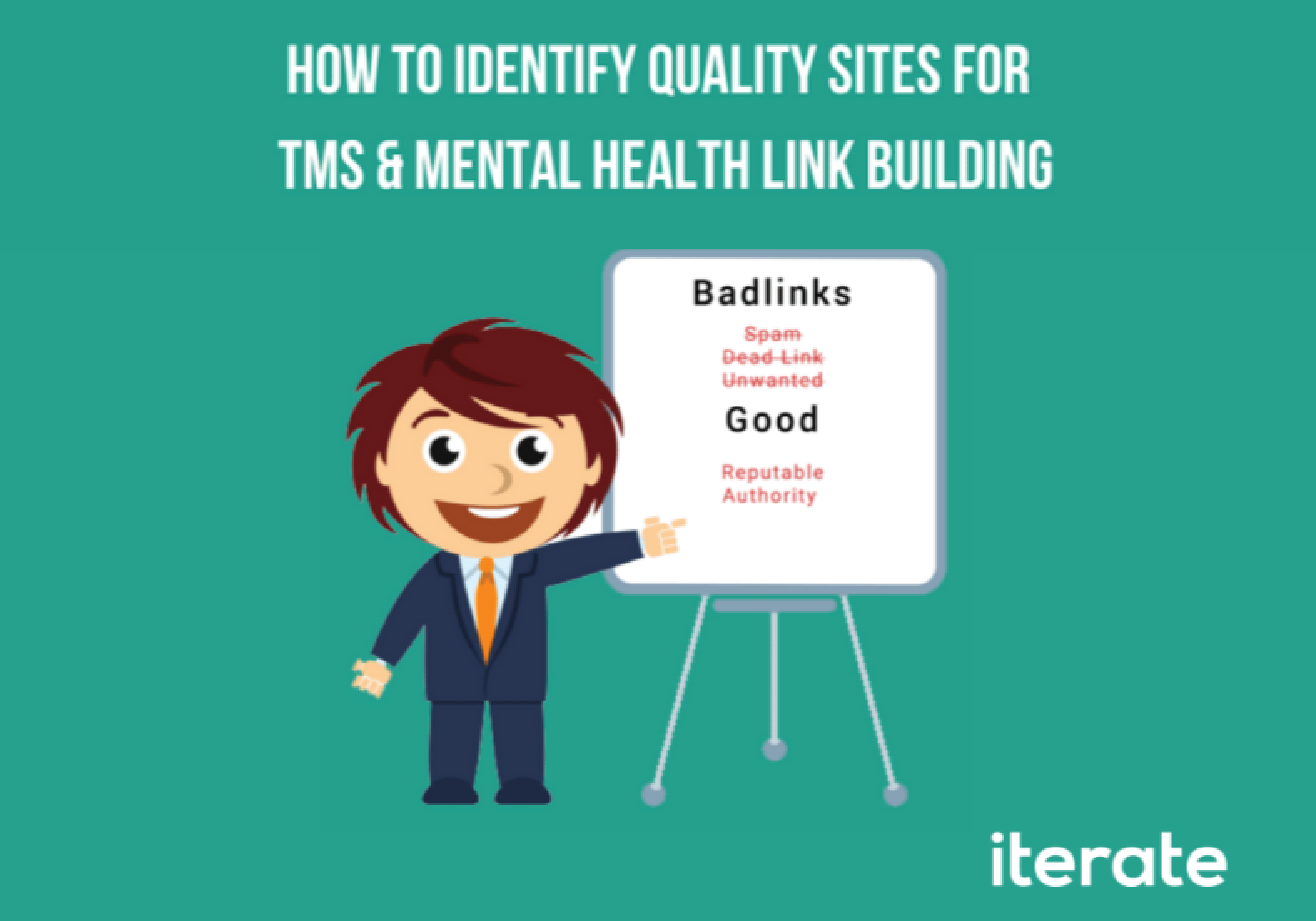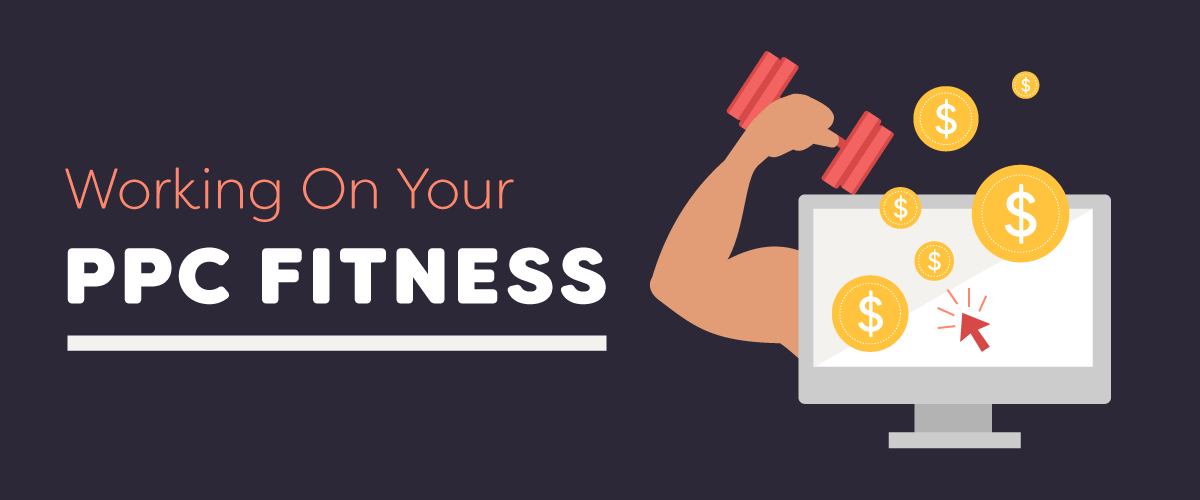Laying a foundation of your TMS clinic (and reinforcing it) is the first step toward attaining your prospects’ attention. You first need to sort out the internal operations – such as acquiring assets, staffing, etc. before worrying about the marketing of your clinic. Similarly, when doing the search engine optimization (SEO) of your website, you first need to start with on-page SEO.
In this article, we’ll discuss what on-page SEO is, the different ranking factors, and their impact on your TMS clinic.
Let’s jump right in.
What is On-Page SEO and Why Does it Matter?
On-page SEO (also known as on-site SEO) refers to the optimization of a website’s individual landing pages – including their content, user-experience, and overall value – with the goal of ranking higher on search engine results pages (SERPs) and increasing the influx of organic traffic.
There are some important search engine ranking factors, like title tags, alt text, page speed, etc. that help search engines determine the value and ranking of a webpage (more on that later).
On the other hand, off-page SEO refers to all the external actions (link building, guest blogging, social media marketing, etc.) taken to improve your site’s rank in the SERPs.
Where off-page SEO is performed for “promoting” your website, on-page optimization is aimed at making it usable, delivering a positive user-experience, and providing actual value – things that will make the users stick around and potentially convert into patients.
Page Ranking Factors That Really Matter
Here’s a quick on-page SEO checklist, along with tips on getting each element right:
- The Actual Content
High-quality content that drives relevant traffic, ranks well, and is user-friendly, is the most important on-page ranking factor.
Here’s what you should aim for:
- The content should be in-depth, detailed, and highly specific.
- It’s linkable (i.e., provides opportunities for acquiring backlinks from other websites).
- It’s easily sharable on external sources. Remember to optimize your meta description for optimal sharing and drive more people to click on your links (i.e., improve your CTR).
- The page content should be relevant to the Google search query. It should contain answers to the searcher’s problems.
Irrelevant content that doesn’t entertain the viewer can negatively impact your search engine ranking.
Here are some SEO best-practices to help improve your content:
- Do extensive keyword research and understand the search intent before creating your content.
- Enrich your content with factual and relevant data.
- Do internal linking on your site (use proper anchor text when placing an internal link). Furthermore, place external links to relevant websites to get your point across and deliver greater value to the user.
- Use relevant images with proper tags. This will help you appear for Google image searches.
Last but not least, it’s important to churn out new content on a regular basis to stay relevant.
- Security of Your Website
Google cares about the security of its users.
Considering that, the next step is to optimize your website’s security.
Here’s a step-by-step breakdown of what it entails:
- Use SSL certificate to encrypt the communication between the browsers and the server.
- Install security plugins for added protection. If you’re on WordPress, there are a lot of plugins you can choose from.
Malware and ransomware may not only affect your website, but also sabotage your clinic’s reputation.
- Site Speed
Try to improve the overall speed of the website as it impacts the user-experience.
Pages with high page load times tend to have high bounce rates (i.e., a significant percentage of users leave without doing anything) and low conversion rates.
Additionally, slow page speed can also affect a search engine’s ability to analyze your page (special programs called “search engine crawlers” traverse through webpages in order to index and rank them).
To increase page speed, avoid using heavy image/video files, remove unnecessary characters and whitespaces from your source code, and make compress your CSS, JS, and HTML.
- Mobile-Friendliness
Set up your website to be more accessible on mobile devices. This means that your website must:
- Render elegantly on every screen size/device.
- Employ the same URL when accessed through different gadgets.
Think about it – the easier it is for your patients to access your TMS clinic, the more satisfied and content they’d be with your services.
The same thing applies to your website.
- Miscellaneous Factors
The following ranking factors may sound insignificant but can hugely impact your SEO strategy:
- Meta Tags – these HTML elements (meta title and description) briefly describe what the webpage is about through short snippets on SERPs and social networks.

- URL – the URL Structure of a webpage describes its hierarchy. Additionally, search engines use this information to determine the relevancy of a webpage. Here’s an example:

- Keyword Usage – employ the target keywords (long-tail keywords where necessary) within your content naturally. Use them in titles, H1 tags, subheadings, etc.
- Alt Tags – these are very short descriptions of the images you use on your website, meant to make your content more accessible to the visually-impaired users and describe images to search engines. Use primary keyword in the alt text of at least one image on your page.
- Rel Canonical Tags – these tags help webmasters prevent duplicate content issues.
Final Thoughts
Great content, coupled with the right technical SEO efforts, can help you win the race.
Considering just how competitive the TMS niche is, you can’t compromise on your digital marketing efforts, be it SEO, content marketing, or anything else.
While taking care of all these on-page SEO factors won’t help you succeed by themselves, they can certainly set your website up for success.
As a final piece of advice, don’t shy away from using SEO tools to help you in this endeavor.






